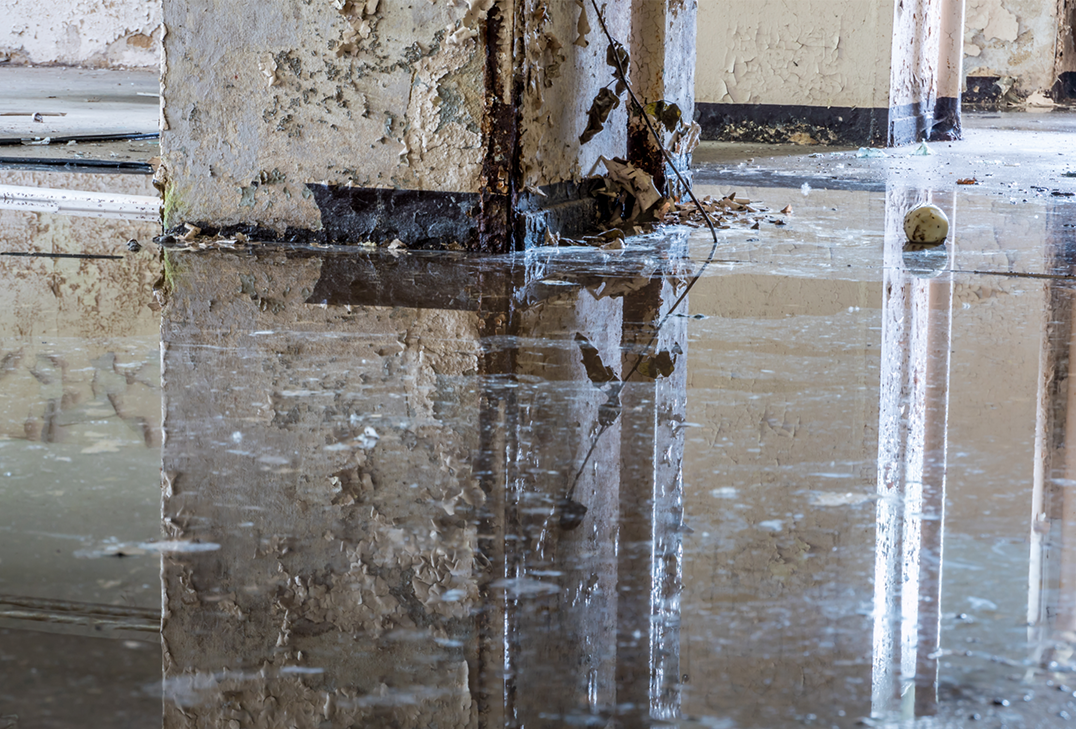With severe storms and heavy rain this week, Northeastern REMC wants to remind members to stay safe from electrical hazards when they find their basement flooded. With flooding, a hazardous flow of electric current can happen with damaged or submerged electrical equipment. This also includes if water has risen above electrical outlets.
- Avoid stepping into a flooded basement or any room if there may be electrical outlets, appliances or cords.
- Do not attempt to turn off power at the breaker box if you have to stand in water to do so. If you can’t reach your breaker box, call Northeastern REMC to shut off the power at the meter.
- Never use electric appliances when you’re wet or standing in water.
- If appliances have come into contact with water, have a professional check them before using them. It may need to be repaired.
- Once your house is de-energized, pump out all water before attempting to work on any electrical repairs.
- Keep electric tools and equipment at least 10 feet away from wet surfaces.
- If your home experienced flooding, keep the power off until an electrician has inspected your system for safety.
- Be sure to contact your insurance company, who can advise you on any standard clean-up and claim procedures.
Remember that not all appliances can be salvaged when cleaning up after a flood. The original manufacturer or approved representative can repair some, but many should be replaced. Throw away breakers, fuses, disconnect switches, GFCIs, arc fault circuit interrupters, and surge protection devices if they have been submerged in water.
These may be repairable: panels, switchgear, motor control centers, boilers or boiler controls, electric motors, transformers, receptacles, switches, light fixtures, electric heaters, and appliances such as water heaters, ovens, ranges, and dishwashers. In MOST cases, though, these will need to be replaced.
Depending on the type of wire or cable and the extent of the damage, electrical wiring may need to be replaced. Just because you can’t see any damage doesn’t mean there is no damage. A licensed electrical contractor should make that determination. Never allow the equipment or wiring to “dry out” and attempt to power it up later.
For more electrical safety tips, browse our blog or follow NREMC on Facebook.
Sources: Indiana Electric Cooperatives and SafeElectricity.org

